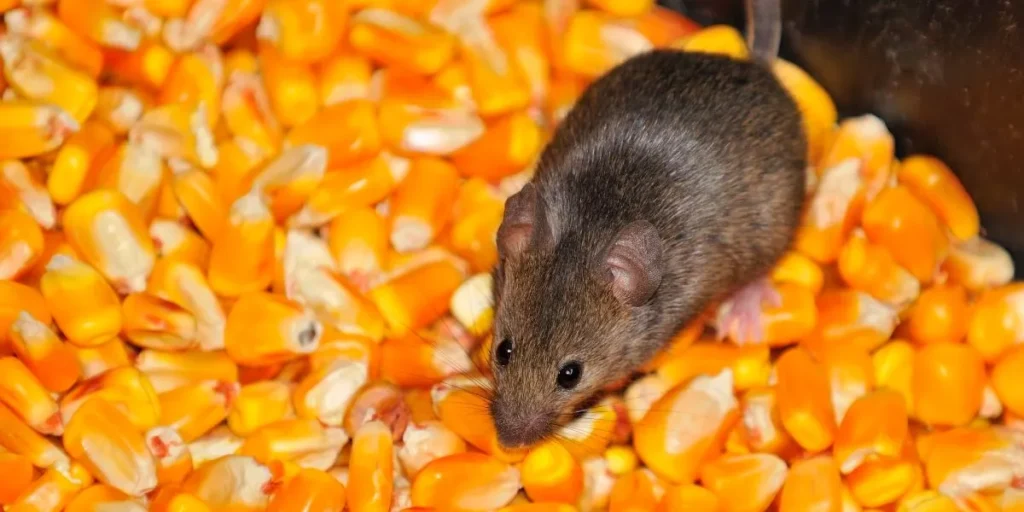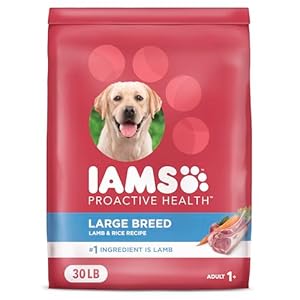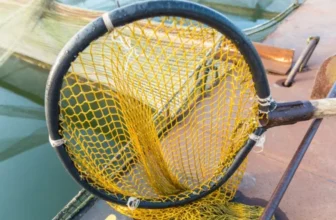
You may be wondering about the ideal food choices for your mice, rats, or other small pets. Ensuring a balanced diet is crucial for their health and well-being, but what exactly should you be feeding them? From nutritious pellets and seeds to fresh fruits and vegetables, there are various options to consider. However, the key is to provide a diet that meets their nutritional requirements and keeps them happy and thriving. But what specific foods should you prioritize to give your small pets the best care possible?
Nutritious Pellets and Seeds
When feeding your small pets, opt for nutritious pellets and seeds as a primary source of essential nutrients. These pellets are specially formulated to provide a balanced diet tailored to meet the specific needs of your furry friends. Look for pellets that are rich in vitamins, minerals, and proteins to ensure your pets stay healthy and active.
Seeds are another fantastic option to supplement your small pets’ diet. They offer variety and can be a tasty treat for your pets. However, it’s important to remember that seeds shouldn’t be the sole source of nutrition for your pets. They should be given in moderation alongside pellets to ensure a well-rounded diet.
When choosing pellets and seeds for your small pets, make sure to read the labels carefully. Avoid products with added sugars, artificial colors, and preservatives. Opt for high-quality options that prioritize your pets’ health and well-being. By providing a mix of nutritious pellets and seeds, you can ensure that your small pets receive the essential nutrients they need to thrive.
Fresh Fruits and Vegetables
To further enhance your small pets’ diet, consider incorporating fresh fruits and vegetables as an additional source of nutrients and variety. These colorful foods not only provide essential vitamins and minerals but also offer a refreshing change from their regular diet. Small pets like mice and rats can benefit greatly from the addition of fresh produce to their meals.
When choosing fruits and vegetables for your small pets, opt for a variety of options to ensure they receive a well-rounded diet. Some excellent choices include leafy greens like spinach and kale, crunchy vegetables such as carrots and bell peppers, and sweet treats like apples and berries. Remember to wash all fruits and vegetables thoroughly to remove any pesticides or harmful residues before offering them to your pets.
Introduce fresh fruits and vegetables gradually into your small pets’ diet to prevent digestive upset. Start with small portions and observe how your pets react to each new food item. With a balanced diet that includes fresh fruits and vegetables, your small pets will thrive and enjoy a diverse range of flavors and textures.
Protein-Rich Insect Treats
Consider adding protein-rich insect treats to your small pets’ diet for a nutritious and engaging feeding experience. Insects like mealworms, crickets, and grasshoppers are excellent sources of protein for mice, rats, and other small pets. These treats not only provide essential nutrients but also offer a fun and interactive way for your pets to satisfy their natural instinct to hunt and forage.
Mealworms are a popular choice among small pet owners. They’re rich in protein, easy to digest, and can be fed live, dried, or roasted. Crickets are another great option that can be given whole or crushed for smaller pets. They’re high in protein and are known to be a favorite among many small animals. Grasshoppers are also protein-packed treats that can add variety to your pets’ diet.
When introducing insect treats to your pets, ensure they’re sourced from reputable suppliers to guarantee they’re free from pesticides and other harmful substances. Remember to feed these treats in moderation as part of a balanced diet to keep your small pets healthy and happy.
Hay and Chew Toys
For small pets, including hay and chew toys in their diet and environment can promote dental health and provide mental stimulation. Hay is an essential part of a small pet’s diet, especially for herbivores like rabbits, guinea pigs, and chinchillas. It aids in digestion, prevents obesity, and keeps their teeth healthy by encouraging natural chewing behavior. When selecting hay, opt for varieties like timothy hay, orchard grass, or meadow hay, which are suitable for most small pets.
Chew toys are equally important for small pets as they help wear down their continuously growing teeth. Wooden toys, mineral chews, and even cardboard items can satisfy their natural urge to chew while preventing dental issues. Ensure the chew toys are safe and non-toxic for your pet to nibble on. Providing a variety of textures and shapes will keep them engaged and mentally stimulated.
Incorporating hay and chew toys into your small pet’s daily routine not only supports their physical health but also enhances their overall well-being. Remember to check and replace chew toys regularly to ensure they’re in good condition for your pet to enjoy.
Pet supplies














